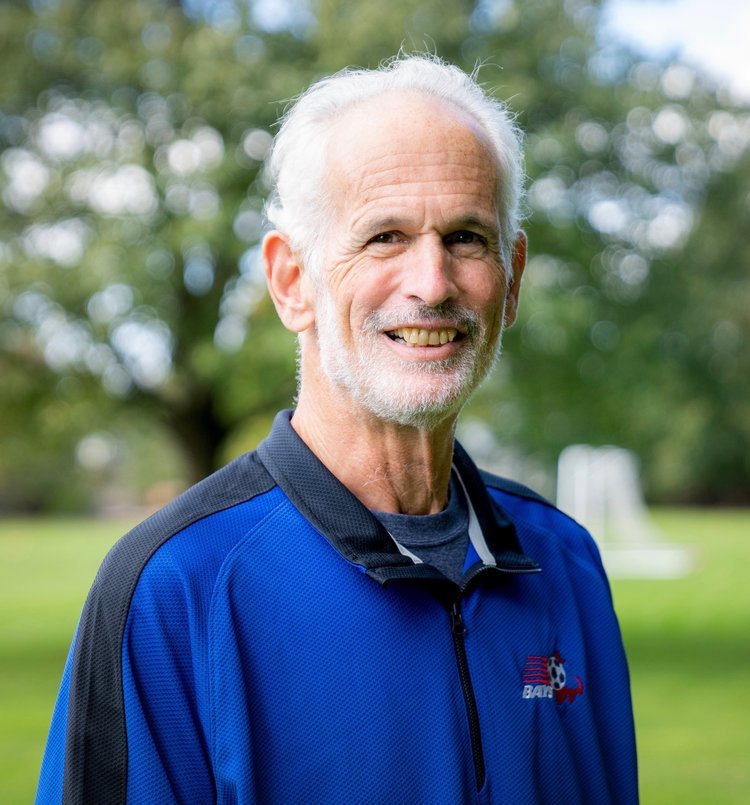Charles River Watershed Association is Growing! Announces New Staff, Board Members
FEBRUARY 10, 2023: FOR IMMEDIATE RELEASE
BOSTON–Charles River Watershed Association (CRWA) is pleased to announce the addition of several new staff and board members to our growing team.
“We are in an exciting growth phase to have the talent and resources necessary to achieve a truly clean and healthy Charles River, and climate resilient watershed,” said Executive Director Emily Norton. “These talented and experienced new staff and board members will enable CRWA to be an even more effective, impactful organization.”
NEW STAFF MEMBERS
RICK ARNAUD joins as the Development Director to help raise the necessary financial resources needed to meet its ambitious strategic plan goals. Rick comes to the organization from Mass Audubon, where he served for over 15 years in key Development roles, and has a proven fundraising track record of increasing annual income, engaging donors, and running special events.
“CRWA has a well-earned reputation for effective advocacy for the river and the environment. I am honored and excited to join this amazing organization and help further its mission during this time of growth. Its donors, both current and future, are critical to CRWA's success and I'm looking forward to showing them the value of their investment and the impact they have on the Charles River.”
MAX ROME joins as the Stormwater Program Manager. In this role, he works to advance projects and policies that reduce runoff, decrease nutrient pollution, and help to green watershed communities. He also leads the CRWA’s work to track and monitor cyanobacterial blooms. Max completed his Ph.D. in Civil and Environmental Engineering from Northeastern University in 2022. His dissertation “From Water Quality to River Health” focused on improved monitoring of algal blooms and understanding how urban rivers recover from eutrophication. As part of his research, Max worked with the Charles River Conservancy to deploy a floating wetland and document its potential as a tool for phosphorus removal and for supporting improved ecological function through the provision of novel habitats.
“Over the past decades, the CRWA has been a powerful driver behind the restoration of the Charles. I feel very lucky to join this organization now, at a time when the continued restoration of the river requires new efforts to transform degraded urban hydrology, confront the effects of global warming, and invest in the ecological health of the river. “
ZEUS SMITH joins as the Policy Advocate. In this role, he works at the local, state, and federal levels to protect the Charles River and its watershed through administrative decision-making processes, advancing legislative priorities, strengthening environmental laws and regulations, and holding polluters and government agencies accountable. A graduate of the Maurice A. Deane School of Law at Hofstra University, Zeus worked with the Environmental Protection Agency’s Office of Enforcement and Compliance Assurance, the Department of Justice, and the Environmental Defense Fund. His interest in international environmental coordination has led him to work with the Center for Water Security and Cooperation in Washington D.C. and Water for Good, a charitable organization working out of the Central African Republic.
“I am thrilled to join the team and contribute to the restoration of the Charles River watershed. Though I am new to the job––and to Massachusetts––I have already seen how CRWA effectively utilizes a multi-pronged approach incorporating scientific research, legal expertise, and on-the-ground advocacy to combat climate change and improve environmental equity throughout the Commonwealth. I look forward to using my legal background and environmental experience to support and enhance CRWA’s already exceptional work.”
NEW BOARD OF DIRECTORS
PAUL LEVY has joined the Board of Directors. Paul has had a long and illustrious career with many leadership positions including Deputy Director of the MA Energy Policy Office, Director of the Arkansas Department of Energy, executive dean for administration at Harvard Medical School, board member of ISO-New England, and president and CEO of Beth Israel Deaconess Medical Center. Most relevant for CRWA is the time he spent as Executive Director of the Mass Water Resources Authority (1988-1992), when the MWRA created the plan to clean up the Boston Harbor, ended sludge discharges into the Harbor, and began construction of the Deer Island Treatment Plant. The Boston Harbor lawsuit and subsequent cleanup is the key reason we have a cleaner Charles River today.
Paul notes, "CRWA has been an important scientific and political force for water quality issues for decades and was a great partner to our team at the MWRA during the Boston Harbor Cleanup. It's an honor for me to be asked to re-engage with such an important organization.”
Charles River Watershed Association’s mission is to protect, restore and enhance the Charles River and its watershed through science, advocacy, and the law. CRWA develops science-based strategies to increase resilience, protect public health, and promote environmental equity as we confront a changing climate.
Julia Hopkins
Communications & Outreach Manager
Charles River Watershed Association
(617) 540-5650 x1071





